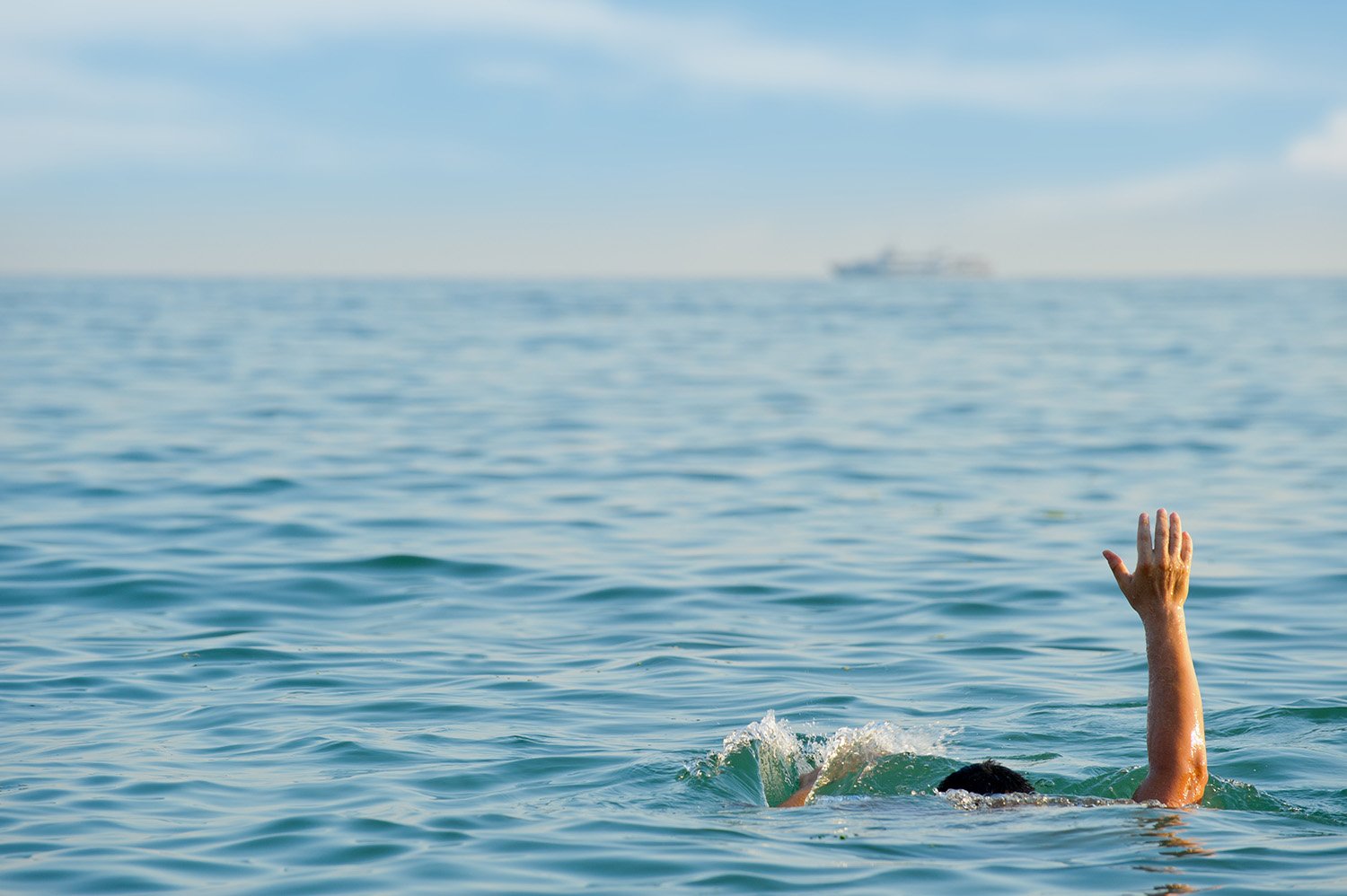Understanding and Helping Someone with Asthma
Asthma can’t be cured, but its symptoms can be controlled. Around 1200 people die every year in the UK as a result of asthma. In this article, we will explain asthma, how to recognise its signs and symptoms, and how it can be treated in a first-aid setting.
Hydro Gels for Burns and Blisters
We are often asked about Burn Gels and Blister Plasters during our first aid courses. What do they do, should we put them in our first aid kit?
4 Steps To Treat Sunburn
When it comes to sunburn we know that prevention is better than a cure and that we should avoid becoming sunburnt in the first place, but accidents happen, and here are 4 tips for treating sunburn.
8 Facts About Sunscreens
The rate of melanoma diagnosis is increasing. The consensus among scientists is that sunscreens alone cannot reverse this trend. Yet a good sunscreen can play a role in preventing sunburns – a major risk factor for melanoma – provided you use it correctly.
How a Wilderness Medicine Certification Course is Beneficial for Professional & Personal Development
Regardless of your speciality and clinical setting as a medical professional, Wilderness Medicine Certification courses can greatly enhance professional and personal development.
Common Hiking Injuries And How To Treat Them
We hear about hikers getting hurt, lost, and sometimes dying all the time. We know there is a risk of injury if you don’t take the proper safety measures in the backcountry. Nature is, for the most part, not controlled by humans. The best thing we can do as hikers is to avoid injury as much as possible.
Mount Aconcagua - Don’t Become The Patient
Mount Aconcagua is the tallest mountain in the world outside the Himalayas and the second tallest of the classic “seven summits.” It is a part of the Andes Mountain Range in the Mendoza region of Argentina, soaring to a height of 6,962 meters.
Women Staying Hygienic in the Outdoors
What do you get when you join an all-women ski expedition to the top of Mt. Baker? Good views, tired legs, sunburned noses, and a whole lot of talk on women’s health in the wild.
Joining Search And Rescue
Search and rescue (SAR) is a generic term which covers finding and providing aid to the lost, missing, stranded, ill or injured. It covers a range of responses including urban SAR (usually natural or man-made disasters), wilderness and mountain rescue, to the Coastguard for ocean-based missions.
Basic Hypothermia Care
Attempting treatment while still exposed to the elements is bringing a knife to a gunfight. No amount of emergency blankets, hot packs, or calorie gels will be effective if the body is actively losing more heat than you can provide.
How To Use A Compass
Although it might seem outdated, a compass is the best navigation tool money can buy. There are a few reasons why it’s an essential item. No matter where you are, a compass can point you in the right direction. On top of that, a compass works independently of anything else.
How to Prepare Yourself For Medical Emergencies
Accidents can happen when you least expect it. Unlike other emergencies, medical emergencies are difficult to prepare for despite being the most likely to happen. Medical emergencies often require immediate attention and quick response times therefore it is essential to have the necessary training and equipment on-hand.
How to Prepare Yourself For The Wilderness
If you’re venturing outside for an extended period, take a moment to apprise yourself of certain basic outdoor survival skills (like foraging for food, starting a fire, or building shelter). These skills can increase your chances of survival if you’re stuck in the remote wilderness.
First Survival Skills To Learn
Learning basic survival skills—like first aid, building different types of shelters, and foraging for wild plants—will help you safely make it back to camp (or civilization) on a wilderness trip.
How To Survive In The Wild
You only have so much time and money to dedicate to your efforts. You must direct that time and money into tasks that could save your life. Understand that gear can be lost, broken, or stolen. Skills will always be there to help you when needed.
Sailing Specific Injuries and How To Avoid Them
Andrew Nathanson, MD, has been sailing since he was a child, and has spent many years researching sailing injuries – what causes them and what steps can be taken to prevent them.
Common Boating Injuries and How to Prevent Them
Typically, boating injuries occur in one of three ways: a person on the boat falls overboard, the boat collides with another object, or a boat capsizes. These types of accidents can cause extremely serious injuries
Heat-Related Illnesses
Exposure to abnormal or prolonged amounts of heat and humidity without relief or adequate fluid intake can cause various types of heat-related illnesses.
First Aid For Drowning
Understanding the dangers around open water swimming and being familiar with first aid if someone is drowning is important. Here are some top tips about staying safe near open water, plus six things to know about drowning.
Why Pre-Expedition Medical Screening Is Important
Many expedition team members, leaders and medics will have past or current medical conditions, injuries or disabilities. With more and more people undertaking mountain adventures and the average age of these people increasing, it follows that more people will be managing chronic (long-term) medical conditions.




















